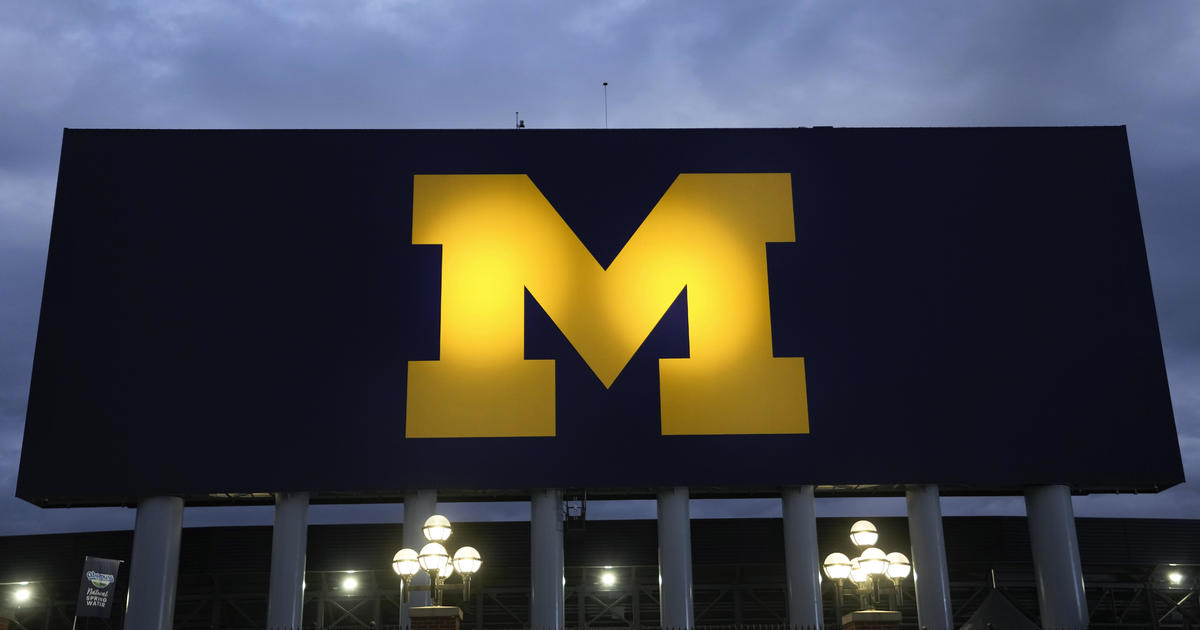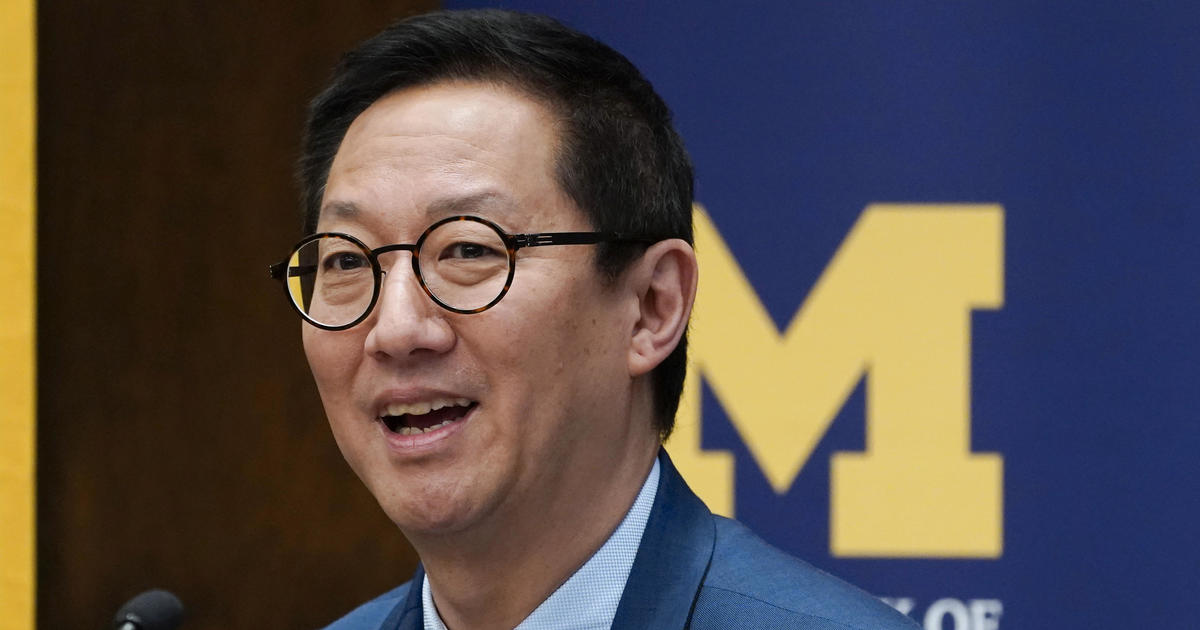Wayne State Spinout Offers Novel Fat Blocker
If you're looking for some help with weight control this holiday season, a Detroit-based company based on Wayne State University research may have the answer.
Mirafit fbcx is the name of the product, and it's sold by ArtJen Complexus USA LLC, based in Detroit's TechTown, the Wayne State University business research park.
The patented product is a fiber derived from cornstarch, and it's marketed as a food supplement. In clinical trials conducted at the Grunberger Diabetes Institute in Bloomfield Hills, it's been shown to reduce cholesterol and triglycerides in the blood and led to weight loss without dieting.
And to hear ArtJen president Joseph Artiss tell the tale, he almost daydreamed through his eureka moment.
Artiss has bachelor's, masters and doctoral degrees in chemistry from the University of Windsor, and joined the Wayne State faculty in 1981. He's a former technical director of the chemistry labs at the Detroit Medical Center. His research started out in clinical chemistry, developing assays for hospitals.
In October 2001, he happened to be at a seminar on diabetes. As the speaker droned on, all Artiss says he could think about is how long it was going to take to get him home to Windsor from Detroit in the border scrutiny immediately after the Sept. 11, 2001 attacks.
By chance, Artiss said, the speaker happened to mention a particular disease state in Type 2 diabetes involving fatty acids -- the three fatty acids that together make up triglycerides.
"That jerked me back to attention, because I knew how to deal with free fatty acids," Artiss said. "They cause problems in assays." And Artiss had developed a way to isolate them so they wouldn't interfere with lab tests.
Artiss said he approached the speaker and exchanged business cards. The promised phone call from the speaker never came, though. But Artiss was still intrigued by the idea and started asking around Wayne State who was the university's expert on Type 2 diabetes and animal testing. The answer came back, K-L Catherine Jen.
Jen did her scholastic work in Taiwan in biopsychology, with a dissertation on changing the behavior of obese animals. She did a nutrition post-doctoral study at the Columbia College of Physicians and Surgeons in New York City and another at the University of Michigan. She started as an assistant professor at Wayne State in 1984.
Artiss said he and Jen talked for an hour and a half in November 2001 "about my off-the-wall idea," and he had almost decided to abandon the effort when he met Jen again -- and she "pulled out a note pad and had the first experiment sketched out."
That first animal experiment started in January 2002.
"The results were beyond our wildest expectations," Artiss said. "It took us the longest time to figure out what was happening, because it was too good."
Mirafit is alpha-cyclodextrin -- a polysaccharide like every other fiber, made up of six glucose units. What's unusual about Mirafit is that those glucose units are attached end to end, and they form a truncated cone, or toroid, in water. What appears to happen is that Mirafit covers up and packages fat droplets very efficiently -- one fiber molecule binds nine fat molecules. So a one-gram fiber tablet will bind nine grams of fat.
Artiss said that when Mirafit binds fat particles, they are kept too large for the body to digest them. Instead, they simply pass through the body undigested. The body's systems can't even detect that the fat is there -- it's covered up by the fiber.
And unlike other fat-busting products, the body doesn't partially digest the fat (which leads to those products' nasty gastrointestinal side effects).
The product also appears to help with gastric reflux, by hiding the fat to fool the body into emptying the stomach sooner into the small intestine, meaning there's less acidic material in the stomach to back up into the esophagus.
The only catch? If you're eating a very low fat diet, there's no fat for Mirafit to bind. So users might get the symptoms of excess fiber, mostly gas. But for most Americans, whose stores and restaurants supply them a high-fat diet unless they try hard to avoid it, that isn't a problem.
The product's effects have now been demonstrated in no less than six human and animal studies.
Artiss and Jen said they've endeavored to keep their product all-Michigan. The product itself is produced at Wixom-based Future Pak out of raw materials produced from corn starch from Wacker Fine Biochemicals in Adrian. Even the label is printed by a company in Grand Rapids. Troy-based Health Food Distributors Inc. distributes Mirafit to 140 stores.
It's also available at some GNC stores.
And the company's Web site, www.mirafit.com, has a ZIP code store finder.
The product is also helping America's trade deficit -- it's sold today in Hong Kong, Singapore and Canada, with negotiations under way for sale in Taiwan, the Phillippines, South Korea, Jordan and Malaysia.
(c) 2010, WWJ Newsradio 950. All rights reserved.



